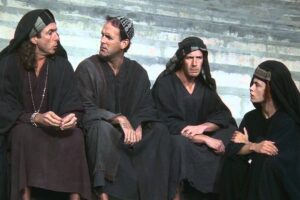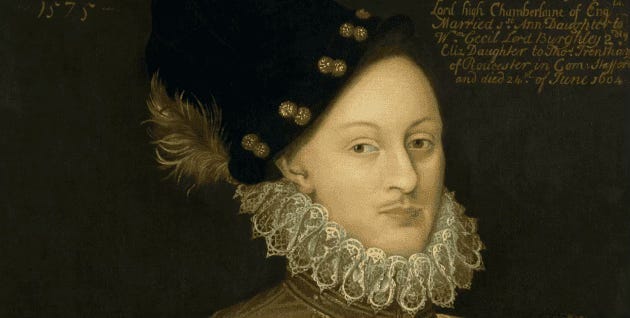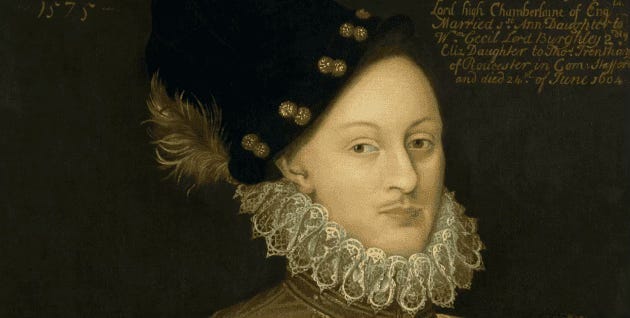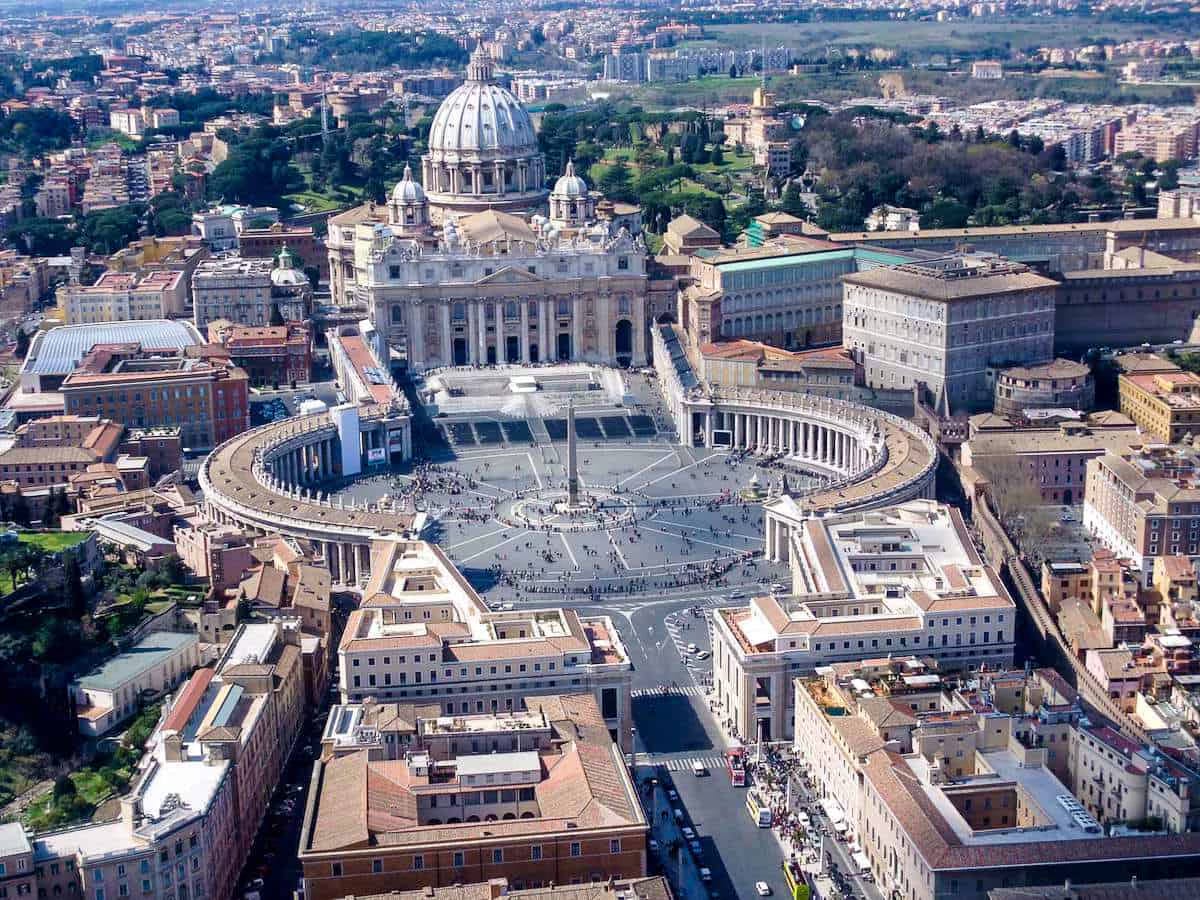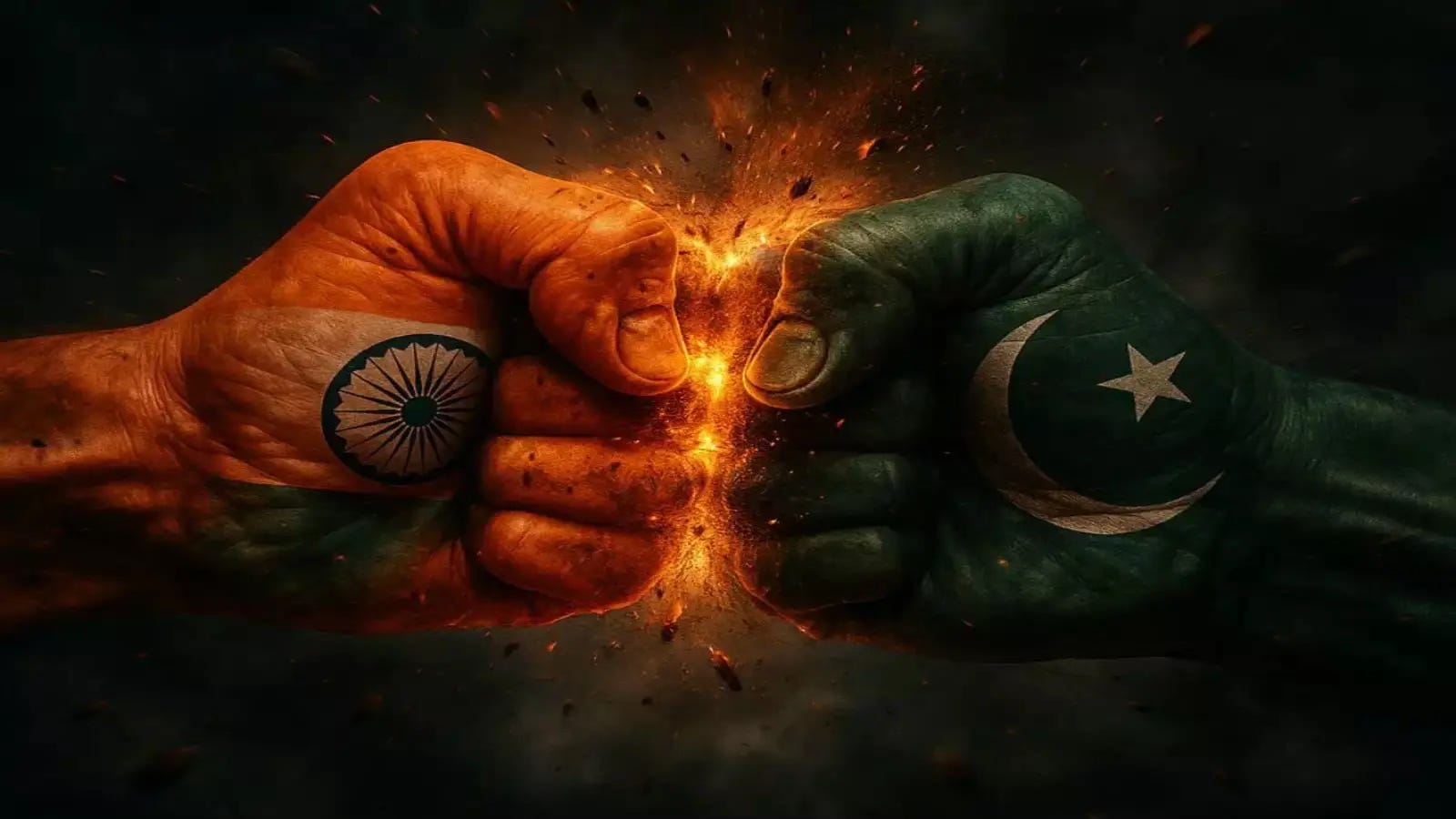David Vance SubstackRead More
Can I start this article by wishing all my English readers here on Substack a very happy St. George’s Day! Without England, the UK would be a pale shadow and I salute you all.
Saint George, also George of Lydda, was an early Christian martyr who is venerated as a saint in Christianity. Some of the stories surrounding him may be mythical but we do have a plausible understanding of his death in 403AD. Which is more than can be said about William of Stratford who died on this day in 1616, aged 52.
We are told that William of Stratford was the greatest poet who ever lived and so I have a question for you.
Why was his death met with stony silence? Where was the outcry from his fellow poets? Where was the national outpouring? Where was any outpouring?
If we go to the traditional sources we are told that William of Stratford’s death was not marked at the time because, during his era, there was no established culture of publicly commemorating literary figures in the way we do today.
This is complete nonsense. By the time of his death, he was already famous and his sonnets and plays widely applauded. Yet he died and nobody said anything. Not a word. If you compare this with the deaths of fellow writers during this time we see a massive variance. Christopher Marlow died in 1593 and the occasion of his (mysterious) death illicited widespread public debate. Similar outpourings of grief followed the deaths of Edmund Spenser (1599) Frances Bacon (1626) Ben Johnson (1637) and John Donne (1631)
Yet the man from Stratford was buried without comment.
All his less famous contemporaries gained instant tributes. He got nothing.
In fact it wasn’t until 1623, a full seven years after he was buried in that Stratford Church, that the tributes began and the man from Stratford who had NEVER once during his lifetime been called William Shakespeare was magically reborn as the “immortal bard”.
Just a final thought. When the Stratford man died in 1616, he left a will although the signatures on it are almost unreadable and all different. Could he write? He left no manuscripts, no books. His daughters were illiterate. Does this sound to you what you would expect from our greatest ever writer?
This is the GREATEST psyop in literary history,
****I put out at least three articles a day. If you enjoy all this can I ask you to consider to becoming a PAID subscriber, it’s only £5 a month, you can cancel if you don’t enjoy it but I know you will. I want to thank the kind people who already do this, without your help this becomes impossible. Thank you in anticipation of your support****
Views: 8



